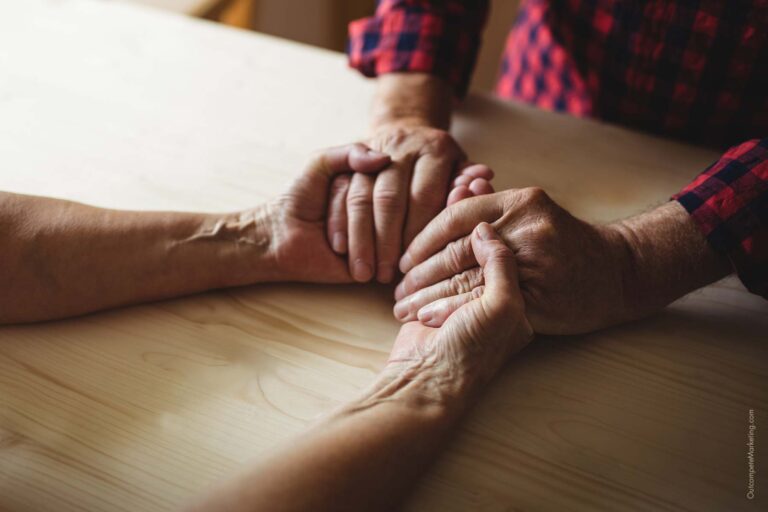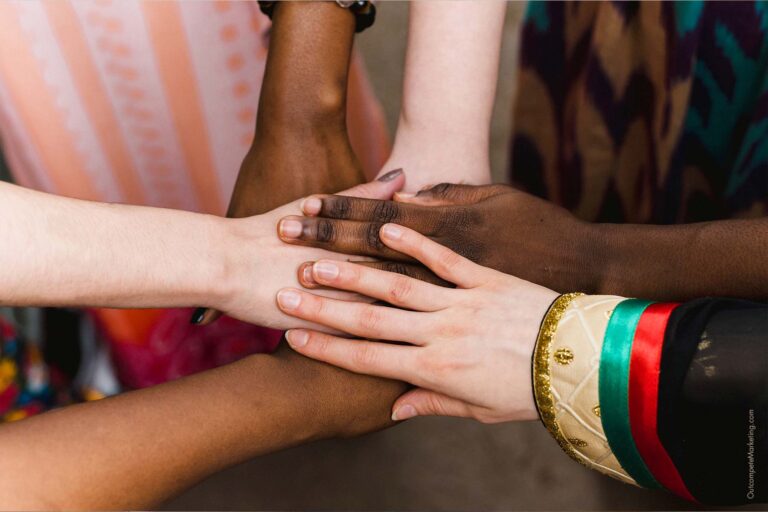Blog
The stigma surrounding death and funerals can create a barrier to healthy conversations and hinder the grieving process.
- Uncategorised
Dealing with the loss of a loved one is an incredibly challenging and emotional experience. In times of grief, offering condolences and expressing sympathy becomes crucial in providing comfort and support to grieving friends and family.
- Uncategorised
Losing a loved one is an emotionally overwhelming experience, and the days and weeks following a funeral can be particularly difficult. Understanding and practicing post-funeral etiquette is crucial for providing ongoing support to grieving individuals.
- Uncategorised
Sudden loss, characterized by its unexpected and often shocking nature, can have a profound impact on individuals and families.
- Uncategorised
When it comes to planning a memorial service, it’s important to respect and honor the cultural and religious beliefs of the deceased and their family. Each culture and religion has its own unique customs, rituals, and traditions associated with death and memorialization.
- Uncategorised
Losing a loved one is a profoundly emotional experience. It’s a time when we seek comfort, support, and a way to celebrate the unique life that has passed. One of the most beautiful aspects of a memorial service is the opportunity to personalize it
- Uncategorised
Funeral services have long been a cornerstone of human culture, providing a space for communities to come together to mourn, remember, and pay tribute to those who have passed away.
- Uncategorised
While funeral customs may vary across cultures and religions, certain etiquette guidelines apply universally.
- Uncategorised
From social media accounts to online banking, we leave behind a digital footprint that can be difficult to manage after we pass away.
- Uncategorised









